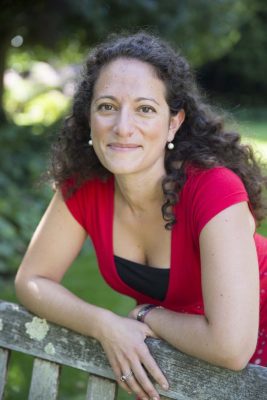By Dr. Maria Varvarigou
Synopsis: Informal learning and non-formal teaching within the context of the secondary school, one to one instrumental tuition and with groups of musicians in Higher education have been found to significantly increase music learners’ motivation to participate in and enjoy active music making.
Moreover, they nurture the development of a range of musical skills including listening and appreciation, playing by ear and finding pitches on instruments, musical creativity, exploration and improvisation.
Last but not least, they have been found to promote music learners’ cooperation, autonomy and musical leadership. In particular, within the context of the secondary school classroom many pupils who engaged in informal learning within small groups and had previously been identified as disaffected or lacking in musical ability turned around and showed themselves to be very good group leaders, helpful, keen students, and in many cases able musicians.
This study discusses how informal learning, in general, and group playing by ear, in particular, could facilitate social inclusion. The study begins by examining the concept of social inclusion in music education and the ways that informal learning and group playing by ear could facilitate social inclusion through a sense of enjoyment, personal development and empowerment.
The author argues that group playing by ear encourages processes that support imitation, invention and group improvisation. These could promote peer learning, group exploration and experimentation.
Group playing by ear is therefore proposed as a music practice that could be adopted by music teachers and community musicians in their work with disadvantaged youth such as refugees, immigrants and disaffected students.


